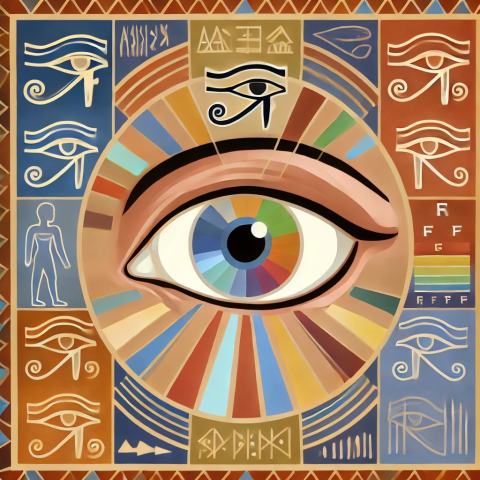The Full Picture of Vision: More Than Just Clarity

Managing Myopia in Children: A Guide for Parents
October 15, 2024
Why Myopia Management is Crucial: Insights from APAC Myopia Management Symposium 2024
November 20, 2024When we think of vision, the first thing that often comes to mind is how clearly we see. You’ve probably heard of the term “20/20 vision,” which refers to perfect visual acuity, or the sharpness of your sight. But did you know that visual acuity is only one of the many aspects that contribute to how we see the world?
Vision is much more complex than just being able to read the smallest letters on an eye chart. In fact, there are several other equally important aspects of vision that affect how we perceive and interact with our surroundings. Ignoring these can leave gaps in understanding why you may struggle in certain situations, even if your visual acuity is perfect.
The Many Aspects of Vision
Here are some of the most important aspects of vision, along with examples of how they affect everyday life:
1. Visual Acuity
- What it is: The sharpness of your vision, usually measured by reading an eye chart.
- How it affects you: This helps you see fine details, like reading text on a screen or recognizing a friend from across the street.
- Common misconception: Many people think that if they can see clearly, their vision is perfect, but this is just one part of the story.
2. Depth Perception
- What it is: The ability to judge how far away objects are from you and from each other.
- How it affects you: Imagine trying to pour water into a glass, park a car, or even catch a ball. All of these tasks rely on good depth perception. If you struggle with this, simple tasks can become challenging.
3. Color Vision
- What it is: The ability to differentiate between colors.
- How it affects you: From distinguishing ripe fruits to interpreting traffic lights, color vision is essential for making daily decisions. Those with color deficiencies often find themselves compensating without even realizing it.
4. Contrast Sensitivity
- What it is: Your ability to detect objects against different backgrounds, especially in low light or foggy conditions.
- How it affects you: If you struggle to see the edge of a step in dim light or have trouble driving at night, your contrast sensitivity might be the issue—not your visual sharpness.
5. Peripheral Vision
- What it is: The ability to see things out of the corner of your eye without turning your head.
- How it affects you: Peripheral vision helps with navigating busy streets or avoiding hazards while driving. A loss of this function can increase the risk of accidents.
6. Night Vision
- What it is: The ability to see in low-light conditions.
- How it affects you: If you have trouble seeing while walking around your home at night or while driving at dusk, poor night vision may be the reason.
7. Eye Coordination
- What it is: How well your eyes work together.
- How it affects you: Good eye coordination ensures that you see one clear image. Poor coordination can lead to double vision or eye strain, especially after long periods of reading or screen use.
8. Focusing Ability
- What it is: The ability to switch focus from near to far and back again.
- How it affects you: Ever notice how reading close-up becomes harder as we age? This is a natural decline in focusing ability, called presbyopia, which can cause headaches and eye strain if not addressed.
Why Comprehensive Eye Exams Matter
Given how complex vision is, it’s clear that focusing only on visual acuity is not enough to ensure good eye health. You may be able to see clearly but still struggle with other vision-related issues like poor depth perception, contrast sensitivity, or night vision. A comprehensive eye examination looks beyond how well you can read an eye chart. It includes tests to evaluate all these different aspects of vision and uncover any areas that may need attention.
Your Vision Is Unique: Why Patient History Matters
When you visit an eye care professional, taking the time to share details about your daily life and any challenges you face is just as important as the tests we perform. For example:
- Difficulty seeing in dim light could point to an issue with contrast sensitivity or night vision.
- Frequent headaches or eye strain may suggest problems with eye coordination or focusing ability.
- Trouble judging distances could signal depth perception issues.
Every patient has different needs and lifestyle factors that can affect their vision in unique ways. A detailed patient history helps us create a personalized approach to ensure your overall visual health—not just how clearly you can see at a distance.
Conclusion: Don’t Just Focus on Clarity—Focus on Your Entire Vision
Visual acuity is important, but it’s only one piece of the puzzle. To truly understand how well you see, it’s crucial to assess all aspects of vision. By taking a more holistic approach to eye exams, we can ensure that your entire visual system is functioning optimally.
Next time you schedule an eye exam, remember that there’s more to vision than meets the eye. Make sure your optometrist is examining all aspects of your vision, not just how well you can see the smallest letters on the chart.
For a complete picture of your vision health, book your comprehensive eye exam today!


